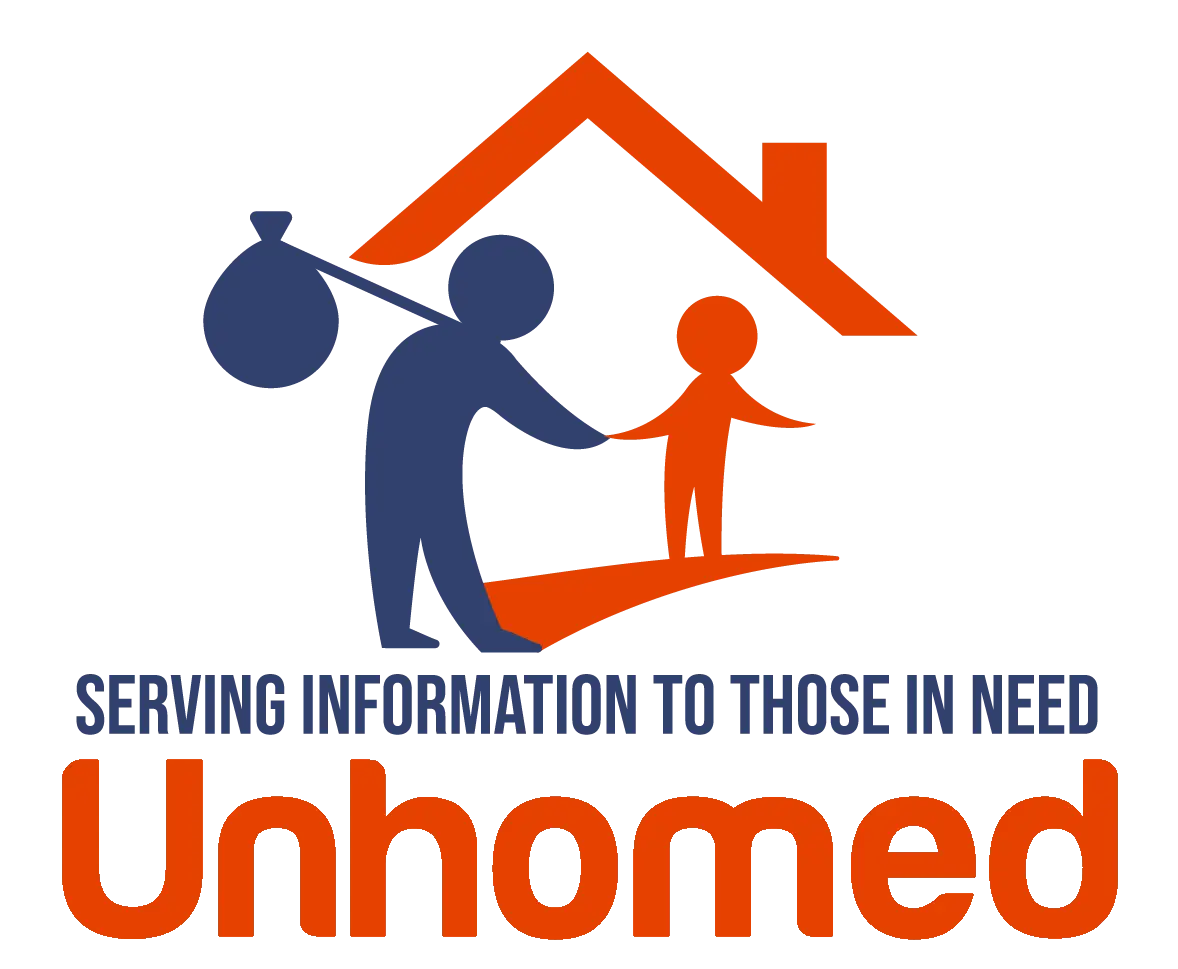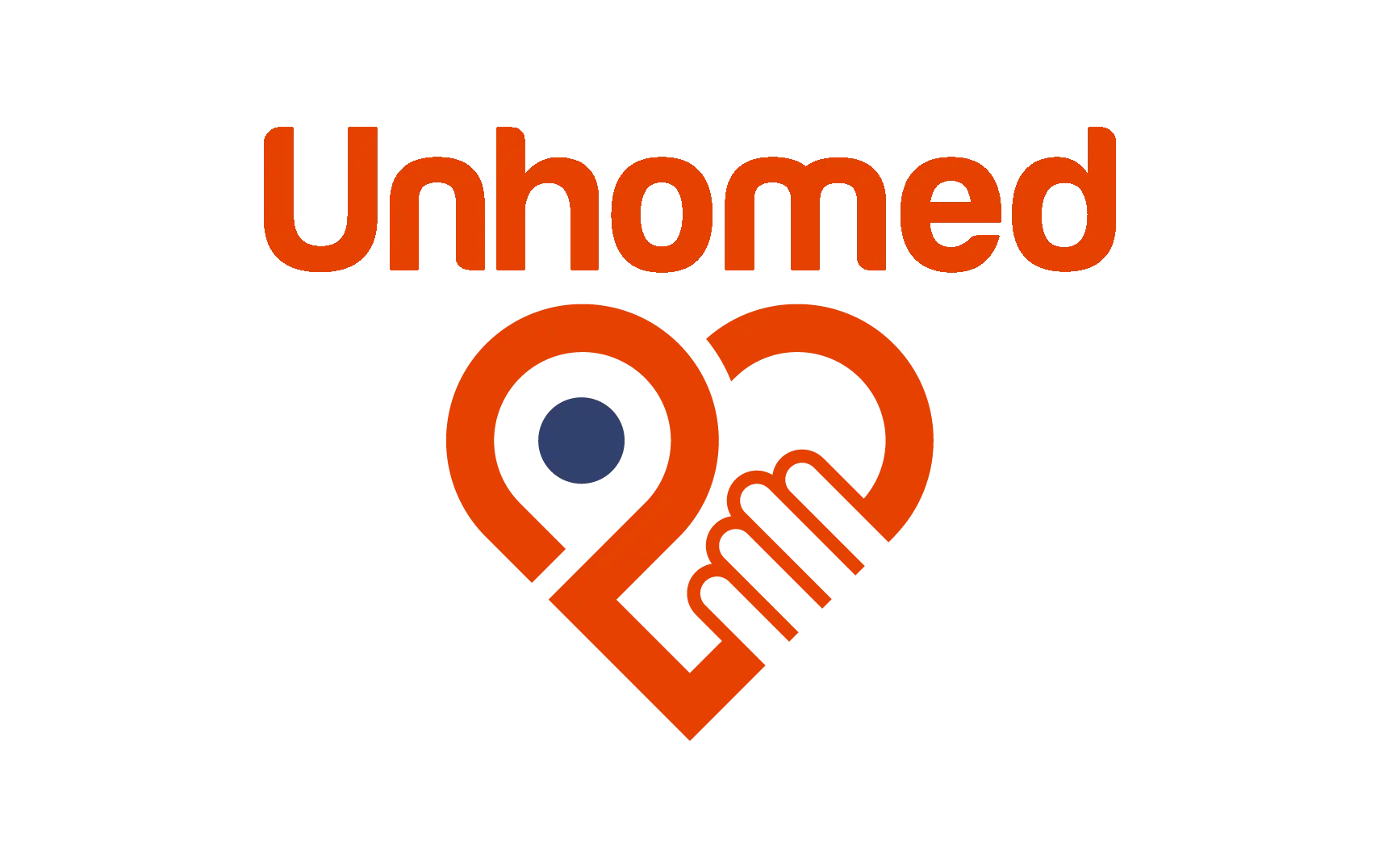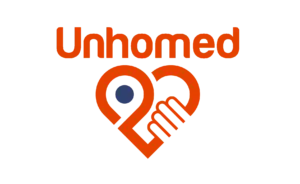Digital Inclusion
Description
A Comprehensive Overview of Digital Inclusion
Definition
Efforts to ensure that individuals experiencing homelessness have access to digital resources, including the internet, digital literacy training, and computers or mobile devices, recognizing that such access is crucial for finding housing, employment, and support services.
Description
Digital Inclusion is a multi-faceted strategy designed to bridge the digital divide by making digital resources accessible to everyone, especially those experiencing homelessness. It involves extending opportunities for internet access, imparting digital literacy, and furnishing computing devices. The goal is to enable uses like housing search, job hunting, and connection with support services, thereby enhancing living standards, combatting poverty, and promoting societal equality.
Objectives
- Ensure equal access to digital resources
- Provide digital literacy training to empower homeless individuals
- Enable communication, housing and job-seeking functions via digital means
- Improve quality of life and promote societal integration
Mechanisms
- Provision of public internet access points
- Partnership with tech companies to donate devices
- Collaboration with educational institutions and NGOs for literacy programs
- Development of support services and resources online
Benefits
- Enhances job opportunities and housing prospects for homeless individuals
- Encourages societal integration and equality
- Develops self-reliance and resilience through digital skills
- Facilitates access to vital information and support services
Challenges
- Limited funding and resources for wide-scale implementation
- Potential lack of interest or apprehension towards technology among homeless individuals
- Challenges in maintaining and updating donated devices
- Ensuring privacy and security of users' digital data
Examples
- The Seattle Public Library's 'Wi-Fi hotspot lending program' offers portable Wi-Fi hotspot devices to homeless individuals, assisting them in staying connected.
- 'EveryoneOn', a United States non-profit, connects low-income families and homeless individuals with affordable internet services, devices, and digital literacy training.
- 'Invisible People', another US-based non-profit, leverages digital platforms to share stories of homeless people, educating the public and advocating for policy change.



